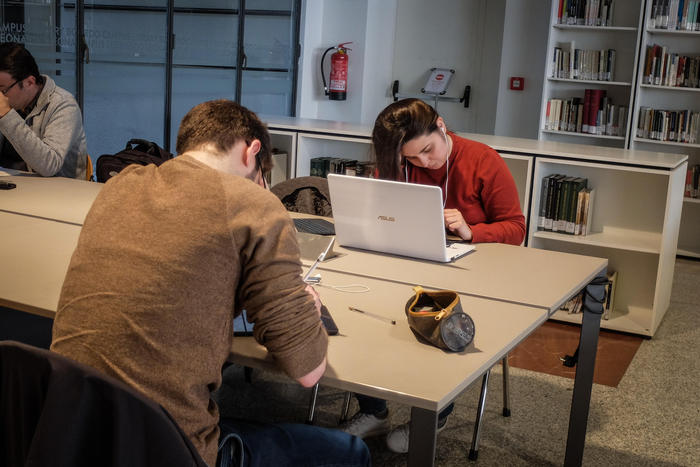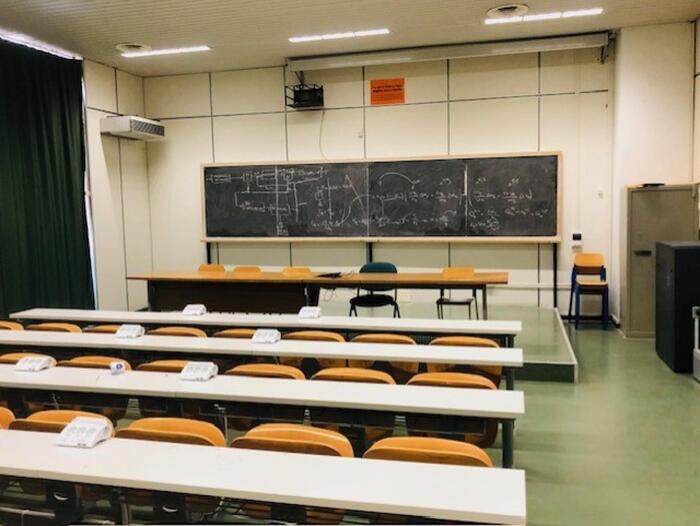In Italy, the share of young people with a degree has steadily increased over the last decade, but still remains lower than in other OECD countries.
A phenomenon "attributable both to persistent difficulties in entering the labor market and to the fact that the degree does not offer, as in the OECD area, greater employment opportunities than those of those with a lower level of education".
And the limited employment prospects, with adequate remuneration, "push more and more graduates to leave the country, with an increase of + 41.8% compared to 2013".
It emerges from the 2021 Report on the university system of the Court of Auditors.
The document of the Court of Auditors examines the financing, composition, teaching methods, training offer and ranking of Italian universities (98 universities of which 67 state, which include 3 high schools and 3 higher education institutes, as well as 31 non-state universities, 11 of which are telematic), recalling that Anvur, the National Agency for the Evaluation of the University and Research System, has highlighted high quality judgments mainly for universities in the North of the country compared to those in the South and critical issues for telematics.
In observing the lack of access or abandonment of university education by young people from families with low incomes, the Court of Auditors attributes the fact, "in addition to cultural and social factors, to the fact that the expenditure for tertiary studies, characterized by higher tuition fees than in many other European countries, it weighs almost entirely on families, given the lack of forms of exemption from taxes or loans or, in any case, economic aid for less well-off deserving students ". And on this aspect, again according to the accounting judiciary, it is necessary "to update and complete the current legislation to fully implement the discipline of the right to education with the definition of the essential levels of services (Lep) andactivation of tools for the promotion and enhancement of student merit ".
The report of the Court of Auditors also highlights critical profiles in the field of scientific research in Italy with particular attention to that of the university sector: "in the period 2016-2019, public investment in research still appears below the European average", while research planning, financing and execution activities are characterized "by the complexity of the procedures followed, the duplication of support bodies, as well as by insufficient clarity on the criteria for appointing academic representatives within the aforementioned bodies, taking into account the constitutional guarantee of autonomy and independence pursuant to art. 33 of the Constitution ".
Furthermore, education and vocational training programs, professional degrees in construction and environment, energy and transport and engineering are still underdeveloped, "and there is a lack of graduates in Stem disciplines (science, technology, engineering and mathematics) and this negatively affects on the employment rate ".
p









